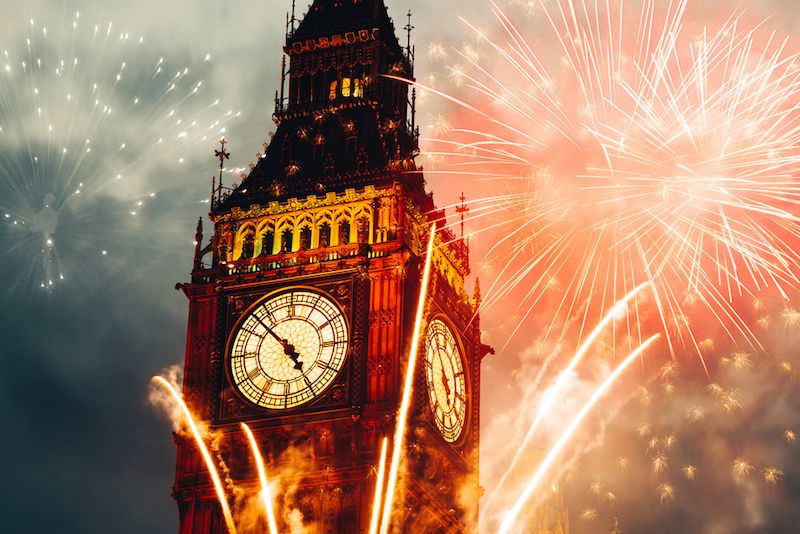A Journey Through Time and Heritage
New Year’s celebrations are among the most prominent social and cultural events in most societies around the world. Despite the variety of customs and traditions associated with this occasion, the origin of these celebrations can be traced back to several ancient civilizations.
Early Beginnings: Ancient Times
The origin of New Year’s celebrations dates back to ancient times, where early civilizations regarded the changing of the lunar or solar year as a significant event. In some societies, the four seasons symbolized the end and beginning of a new natural cycle.
A Balance Between Endings and Beginnings
New Year’s celebrations are closely tied to the idea of transition and renewal. For many ancient cultures, specific rituals and festivities marked the start of a new year as an opportunity for reflection and transformation.
Evolution Over Time
Romans and the Festival of Janus
In ancient Rome, celebrations were held in honor of Janus, the two-faced god representing the past and future. January (named after Janus) was established as the beginning of the Roman calendar year, and people would exchange gifts and offer sacrifices to ensure good fortune.
Christian Influence
With the spread of Christianity, New Year celebrations began to take on a more spiritual character. In some Christian cultures, New Year is celebrated on Epiphany or the Feast of the Circumcision (January 1st). In others, it coincides with Christian liturgical festivals.
Eastern Traditions
In Eastern cultures, many communities celebrate the New Year through unique festivals such as Nowruz in Persian culture or the Chinese Lunar New Year, each filled with symbolic rituals and deeply rooted traditions based on lunar calendars.
Ongoing Development and Diversity
As civilizations progressed and cultural exchange expanded, New Year’s celebrations continued to evolve. Today, we witness a wide diversity in how people around the world mark this occasion — from grand festivities in major cities to quiet rituals in rural settings.
In Summary
The beauty of New Year’s celebrations lies in their rich history and continuous evolution. With every passing generation, people add their own unique touches to this timeless event, connecting the past to the present and looking forward to the future with renewed hope and anticipation.




